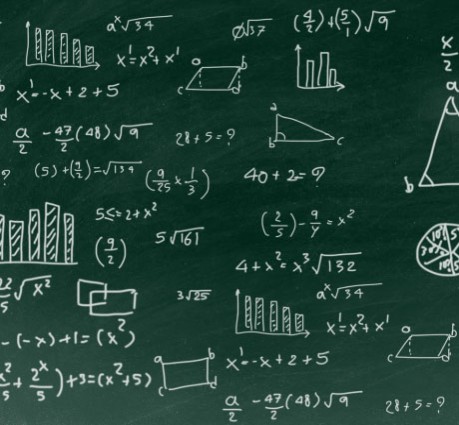A doctorate in mathematics shows that you are dedicated to lifelong learning and equips you with highly employable talents. Together with subject-specific knowledge, you'll acquire a wealth of transferable abilities that are applicable to practically any industry. Students in this PhD programme learn how to handle a variety of issues, from the most abstract to the most practical, using theoretical and computational research methodologies. The programme's primary emphasis is on in-depth research in fundamental areas of mathematics that results in the PhD dissertation.
Duration of programme
Level of Study

These include mathematical physics.
They also cover dynamical systems.
Biomathematics is another focus.
Numerical analysis is a key field.
Eligibility Criteria
Students should have completed a master's degree in science or an M.Phil. degree in a relevant field.